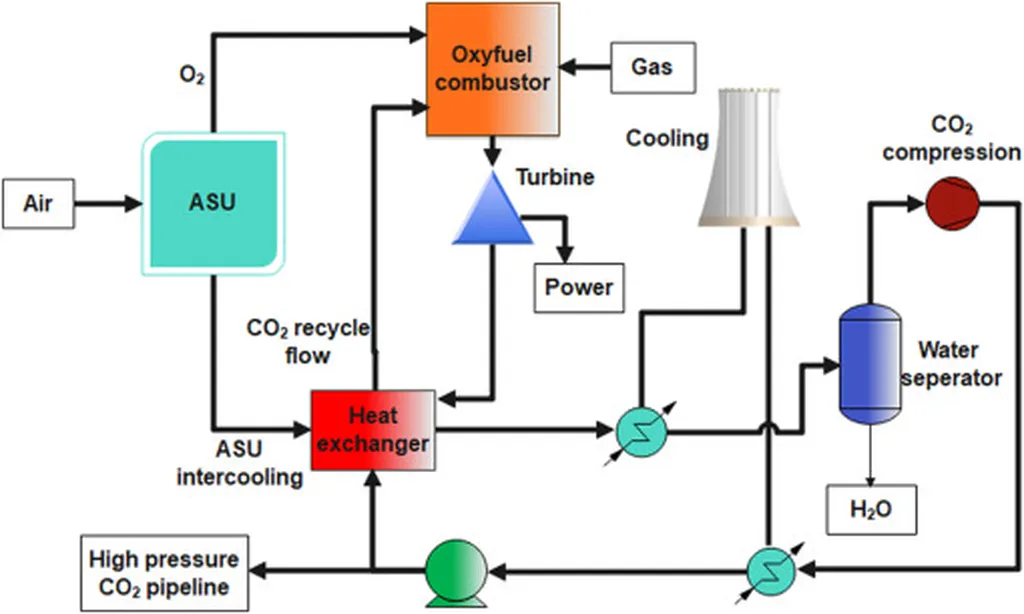Researchers at the University of Sheffield, led by James M. Harman-Thomas, have recently published a study that advances our understanding of combustion processes in supercritical carbon dioxide (sCO2) environments. Their work, titled “The Development of a Chemical Kinetic Mechanism for Combustion in Supercritical Carbon Dioxide,” focuses on the behavior of gaseous fuels under oxyfuel conditions, which is crucial for developing efficient and environmentally friendly power generation technologies.
The study highlights the potential of direct-fired sCO2 power cycles, which allow for the combustion of gaseous fuels with inherent carbon capture. This approach minimizes the efficiency penalty typically associated with carbon capture and storage, enabling power plants to achieve efficiencies comparable to traditional fossil fuel plants without such systems. However, the combustion mechanisms at high pressures and in large dilutions of CO2 are not well understood, posing a challenge for the optimization of these systems.
To address this gap, the researchers conducted a sensitivity and quantitative analysis of four established chemical kinetic mechanisms. Their findings identified the CH3O2 chemistry as a pivotal component for modeling methane combustion above 200 atm. The team developed a new chemical kinetic mechanism, dubbed the University of Sheffield (UoS) sCO2 mechanism, which better models the ignition delay time (IDT) of high-pressure combustion in large dilutions of CO2. Quantitative analysis demonstrated that the UoS sCO2 mechanism provided the best fit to the greatest number of IDT datasets and had the lowest average absolute error value, indicating superior performance compared to the four existing mechanisms, which are well-validated for lower pressure conditions.
This research is significant for the energy sector as it paves the way for more efficient and cleaner power generation technologies. By improving our understanding of combustion in sCO2 environments, the study contributes to the development of advanced power cycles that can achieve high efficiencies while inherently capturing carbon emissions. This could play a crucial role in reducing the carbon footprint of power plants and supporting the transition to a more sustainable energy future.
This article is based on research available at [arXiv](http://arxiv.org/abs/2203.05827v1).

